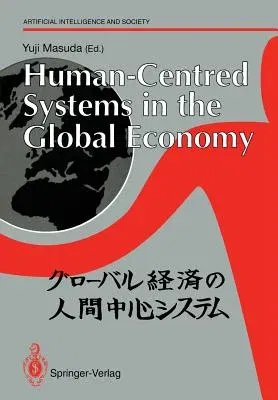Human-Centred Systems in the Global Economy: Proceedings from the International Workshop on Industrial Cultures and Human-Centred Systems Held by TokyPaperback - Softcover Reprint of the Original 1st 1992, 6 August 1992

Qty
1
Turbo
Ships in 2 - 3 days
In Stock
Free Delivery
Cash on Delivery
15 Days
Free Returns
Secure Checkout
Part of Series
Human-Centred Systems
Part of Series
Ilsi Human Nutrition Reviews
Print Length
272 pages
Language
English
Publisher
Springer
Date Published
6 Aug 1992
ISBN-10
3540197451
ISBN-13
9783540197454
Description
Product Details
Book Edition:
Softcover Reprint of the Original 1st 1992
Book Format:
Paperback
Country of Origin:
US
Date Published:
6 August 1992
Dimensions:
24.41 x
16.99 x
1.52 cm
ISBN-10:
3540197451
ISBN-13:
9783540197454
Language:
English
Location:
London
Pages:
272
Publisher:
Weight:
462.66 gm

